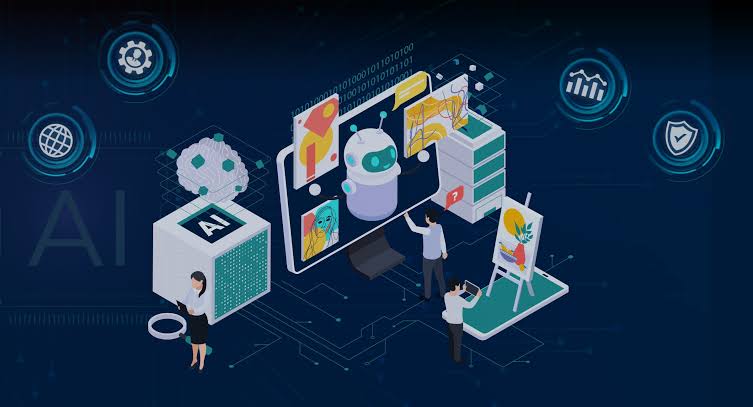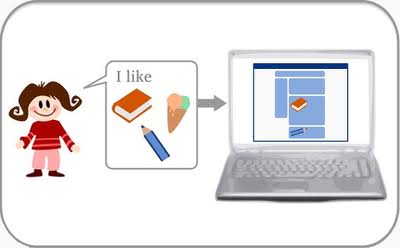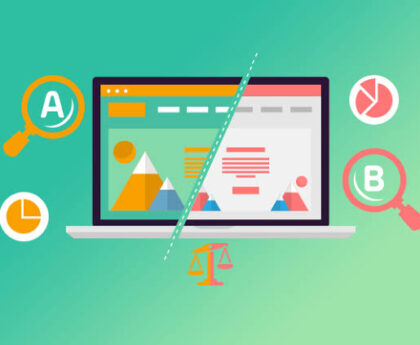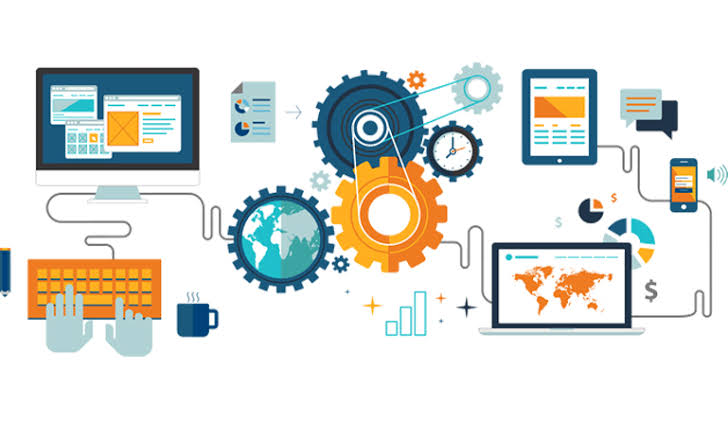
In 2025, small businesses can no longer afford to waste time on repetitive tasks. Automation is the game-changer, helping businesses save time, streamline workflows, and focus on strategy. Whether it’s social media marketing, customer service, or operations, leveraging artificial intelligence can boost productivity and drive growth. With AI-driven tools, small businesses can reduce human error, improve efficiency, and cut costs. From automated email marketing to AI chatbots, learn how integrating automation can transform your business success. Don’t let manual tasks slow you down—embrace AI technology to scale smarter, not harder. Read on to discover the best automation tools and strategies for small businesses in 2025.
Table of Contents
- Introduction: Why Automation is a Must for Small Businesses
- How Smart Solutions Help Small Businesses Save Time
- Key Areas Where Artificial Intelligence Works Best
- Top AI Tools for Small Businesses in 2025
- Overcoming Challenges of Automation Adoption
- Conclusion: The Future of Automation in Small Business Success
Introduction: Why Automation is a Must for Small Businesses
Running a small business is no easy feat. Entrepreneurs juggle multiple roles—marketing, sales, operations, and customer support—all at once. But in 2025, there’s no need to do it all manually. Automation is transforming the way businesses operate, allowing owners to save time and focus on growth.
From AI-powered chatbots handling customer queries to automated invoicing systems that eliminate manual errors, artificial intelligence is no longer a luxury—it’s a necessity. It enables small businesses to reduce costs, increase efficiency, and compete with bigger brands without hiring a large team.
But how exactly does automation help? Let’s break it down.
How Smart Solutions Help Small Businesses Save Time
Time is money, and small businesses often lose both by handling repetitive tasks manually. By integrating automation, businesses can:
1. Improve Efficiency
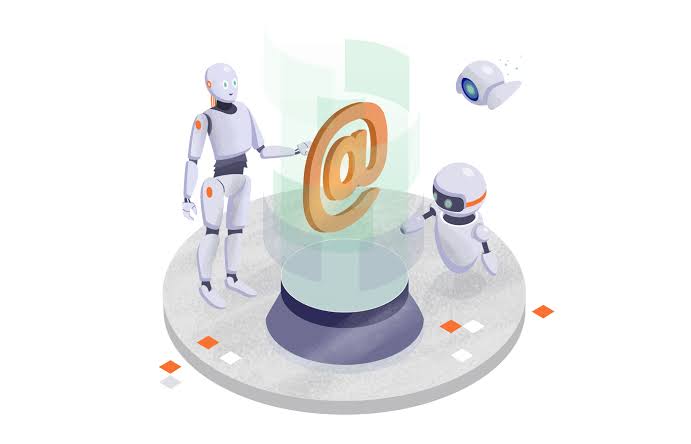
Tasks like sending emails, posting on social media, or managing inventory can be automated, freeing up time for strategic planning.
2. Reduce Human Error
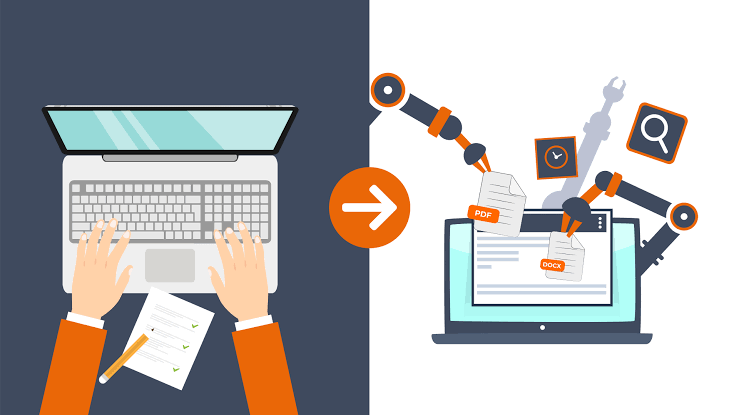
Manual data entry and calculations can lead to costly mistakes. Automated systems ensure accuracy and reliability.
3. Enhance Customer Experience

With AI-driven chatbots, automated appointment scheduling, and instant email responses, customers get faster, more efficient service.
4. Scale Without Hiring More Staff

Instead of hiring more employees for administrative work, businesses can use automation to handle repetitive tasks, cutting labor costs.
Key Areas Where Artificial Intelligence Works Best
Not every task can or should be automated, but some areas are perfect for it. Here’s where automation can make a massive impact:
1. Marketing & Social Media Management
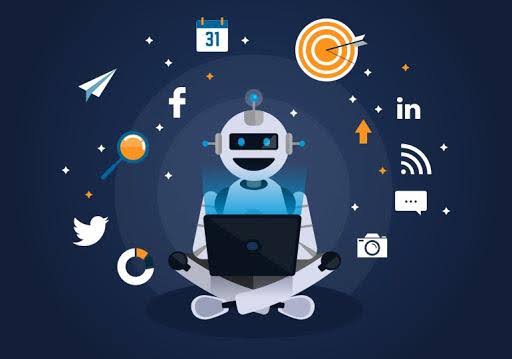
- Scheduling posts in advance using tools like Buffer or Hootsuite.
- Automating email marketing campaigns with platforms like Mailchimp.
- Using AI-driven analytics to optimize ad campaigns.
2. Customer Service
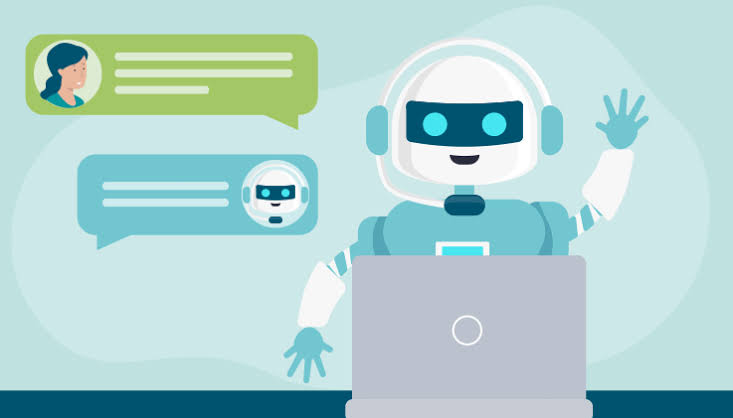
- Chatbots can handle common customer queries 24/7.
- Automated feedback surveys help businesses improve their services.
- AI-driven CRM systems keep track of customer interactions.
3. Sales & Lead Generation

- Automated follow-ups ensure no lead is left behind.
- AI-driven recommendations personalize customer experiences.
- Smart chatbots engage visitors and convert them into paying customers.
4. Accounting & Finance
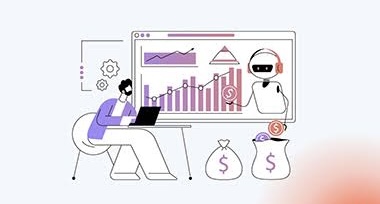
- Automated invoicing ensures timely payments.
- Expense tracking tools reduce financial errors.
- Payroll automation makes salary distribution seamless.
5. Inventory & Supply Chain Management
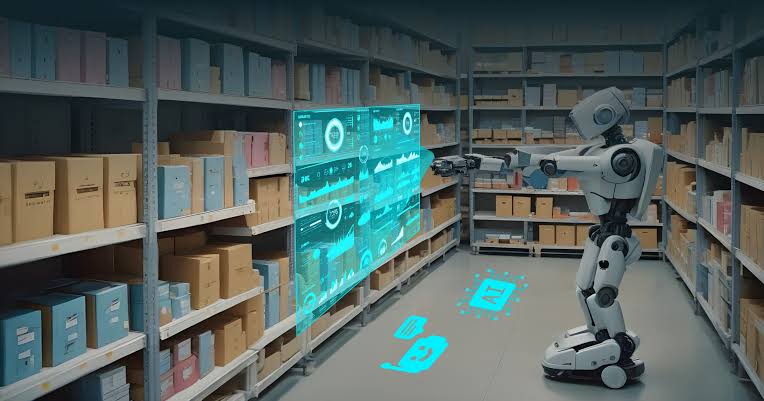
- Automated restocking alerts prevent stockouts.
- AI-powered demand forecasting ensures better inventory planning.
- Digital order processing speeds up fulfillment.
Top AI Tools for Small Businesses in 2025
The right tools can supercharge your small business. Here are some of the best automation tools to consider:
- Zapier – Connects apps to automate workflows.
- HubSpot – Automates marketing, sales, and customer service.
- ActiveCampaign – Advanced email automation and CRM.
- Trello & Asana – Task management automation for teams.
- ChatGPT & Drift – AI chatbots for customer engagement.
- Xero & QuickBooks – Automates accounting and invoicing.
- Hootsuite & Buffer – Social media scheduling and analytics.
Choosing the right AI tools depends on your business needs, but integrating even a few can drastically save time and boost efficiency.
Overcoming Challenges of Automation Adoption
While AI technology is a game-changer, small businesses often hesitate to adopt it due to:
1. Cost Concerns
Many businesses fear that AI is expensive. However, the ROI in terms of saving time and increasing efficiency makes it worth the investment.
2. Learning Curve
Implementing automated tools may require training, but most modern tools offer user-friendly interfaces and tutorials.
3. Fear of Losing Personal Touch
Customers appreciate personalised experiences, and AI technology can enhance that by ensuring timely responses and customised messaging.
4. Integration Issues
Choosing AI tools that seamlessly integrate with existing systems is crucial for a smooth transition.
Conclusion: The Future of Automation in Small Business Success
The small businesses that thrive in 2025 will be the ones that embrace Artificial Intelligence . By eliminating repetitive tasks, improving efficiency, and enhancing customer experiences, automation allows entrepreneurs to focus on strategy and growth.
If you’re still doing everything manually, it’s time to rethink your approach. Implementing the right AI tools can help you save time, cut costs, and scale effortlessly.
Ready to future-proof your business? Start automating today and take your small business to the next level.

